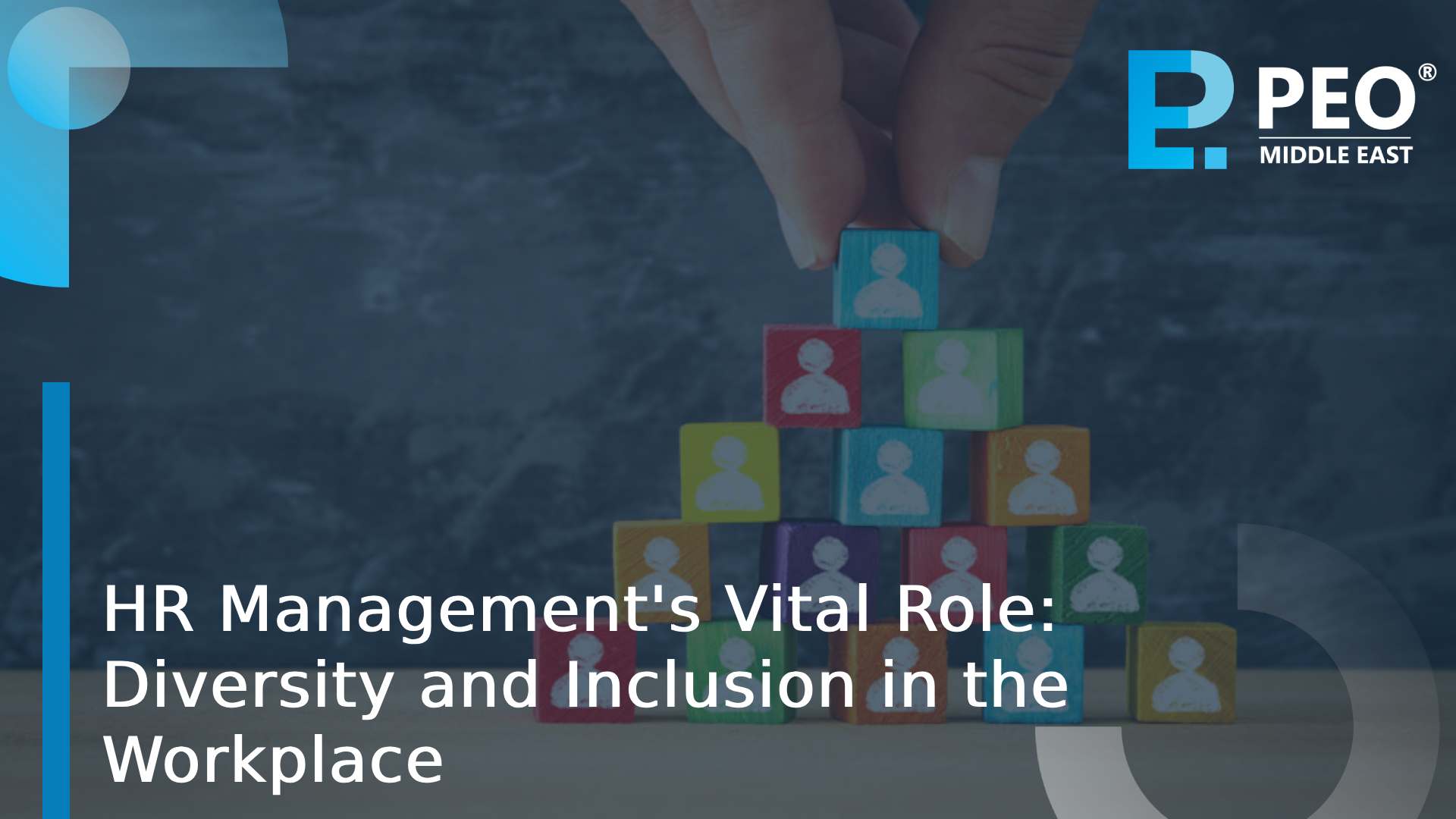Build a Better, Faster & Compliant Team In The Middle East
Simplify Your Hiring Process in Middle-east
We Are Approved By

TALK TO OUR EXPERTS
Schedule a Consultation Call with Our Expert.
A Dependable Partner With The Greatest Rate Of Client Satisfaction In The Sector.
OUR CORE SERVICES
Expand & Onboard Compliantly in the Middle East With Our EOR, PEO Services

We will handle compliance, payroll, hiring, and other HR tasks, that allows your business to expand globally without the complexities of setting up legal entities.

We take care of various HR responsibilities, including payroll processing, benefits administration, compliance management, and more.

We assist you in finding people lawfully to carry out projects and get HR support for your company in the UAE.

We handles the entire payroll process, including calculating wages, withholding taxes, processing payments, and generating pay stubs.

In the Middle East, build up a flexible perfect team. Use our smart contractor recruiting services to steer clear of pricey compliance difficulties.

Hiring remote workers involves employing individuals who work from locations outside of the traditional office environment.

Our relocation services are intended to ease the move and facilitate settling in as much as is practical.

With our full range of services, we can take care of all of your employee immigration and business visa needs.
Why Top Companies Chooses PEO Middle East
PEO Middle East is highly regarded and respected in the industry.
100%
Onboarding Satisfaction
Rating
99%
On-Time
Payroll Accuracy
98%
Of Hires Employed Via
PEO Middle East
20+
Team Of Legal
Experts

Benefits Of PEO Middle East Solution
Best PEO, EOR Service Solution
Expand & Onboard Compliantly in Middle East
Find the Best Candidate from Anywhere in Middle East
TALK TO OUR EXPERTS
Schedule a Consultation Call with Our Expert.


How PEO Middle East Model Work
Streamline your business with our process
- Consultation
we provide free consultations where we analyze your business needs and give you a complete audit of your business.
- Tailored Services
After Consultation and providing you with a complete audit of your business we provide tailored services for your business.
- Arrangement, Engagement, Management
We do onboarding, establishes a co-employment relationship, and take over various HR functions for your company.
- Ongoing Support
We maintain accurate records, ensure compliance with changing regulations, and offer assistance with employee relations issues.
Always present, We Hire Diverse talent all Around the World
We are here to help you grow your business
Contact us
Submit Your Query Our Experts Will Assist You






















